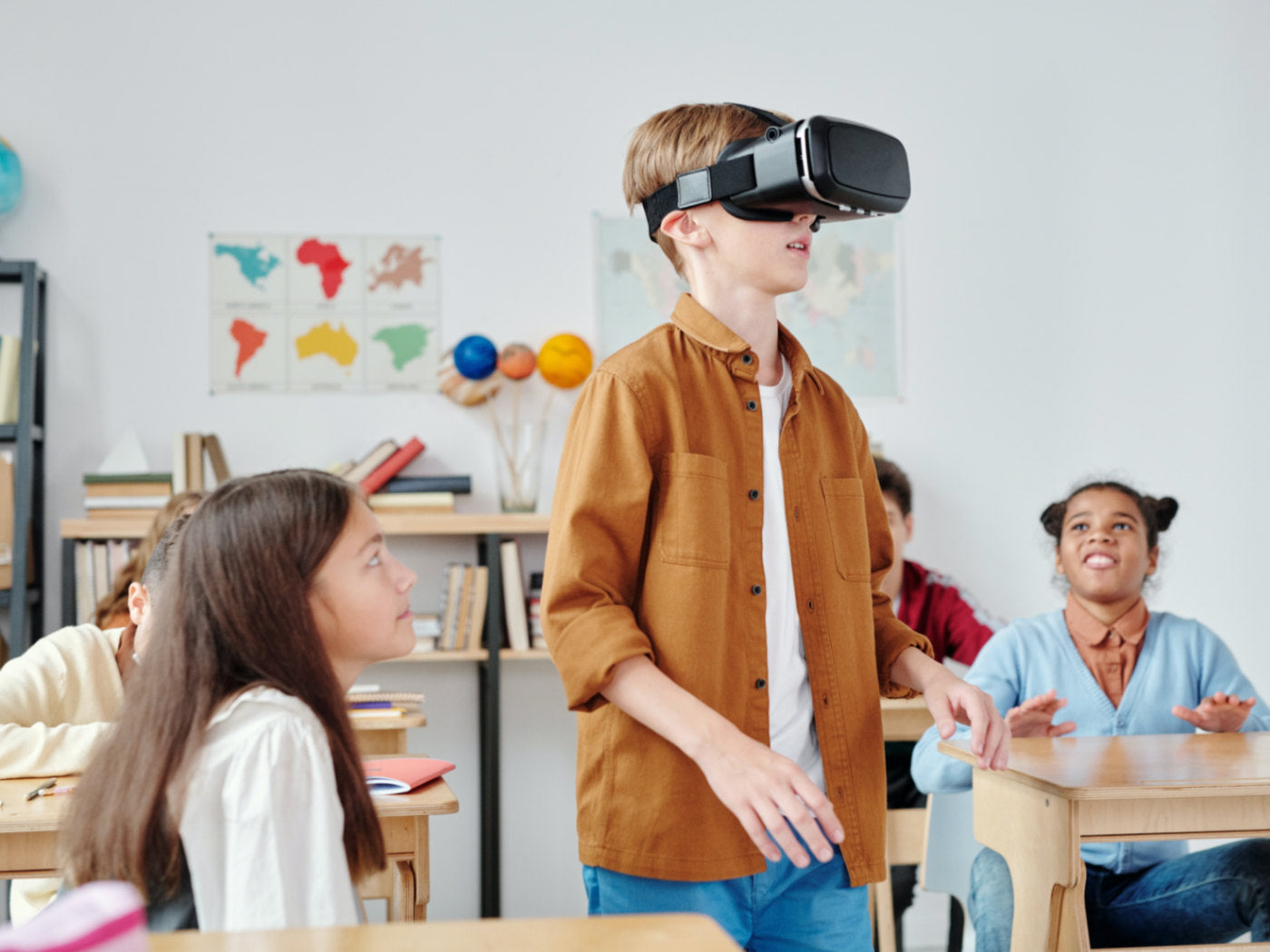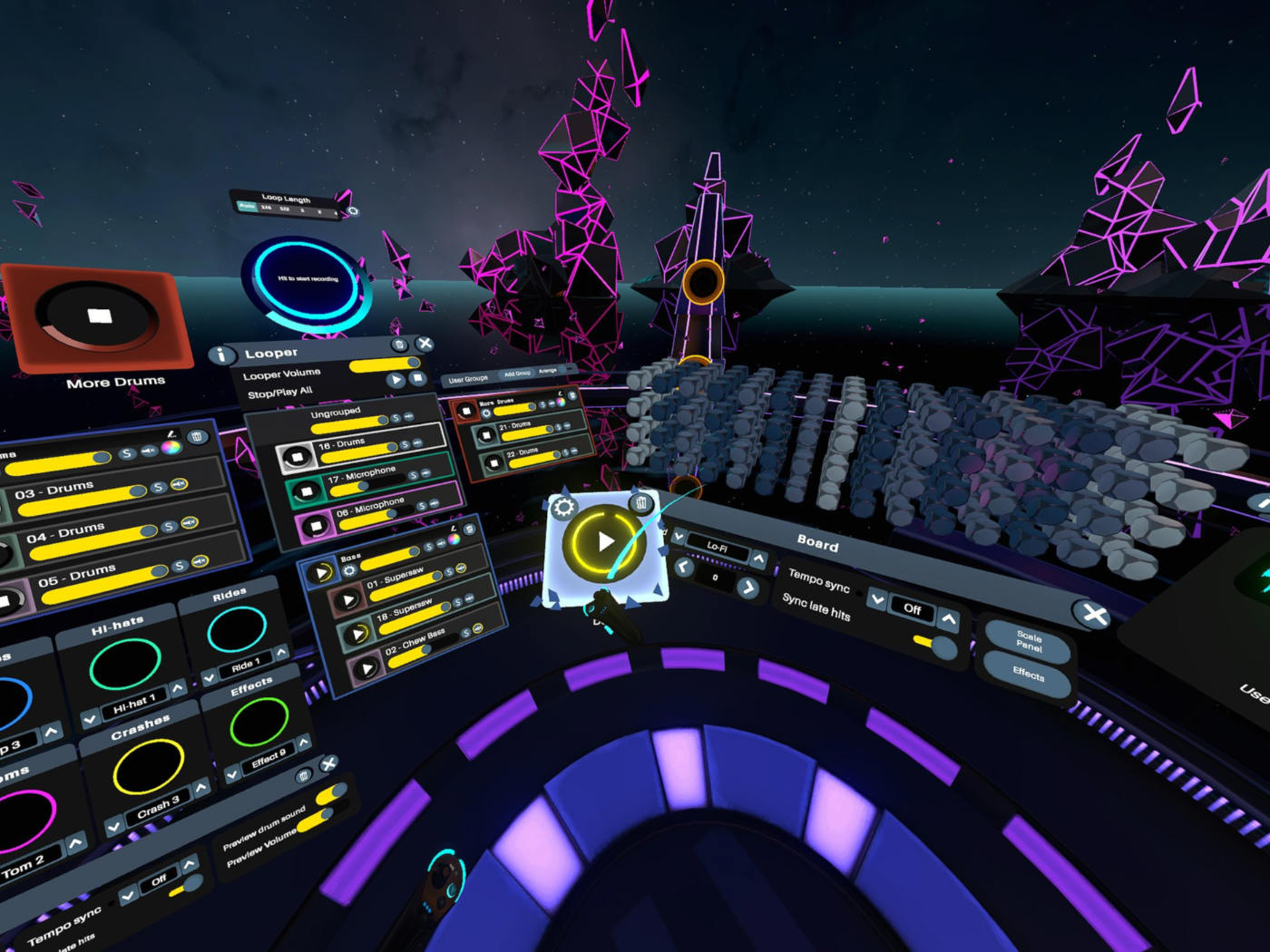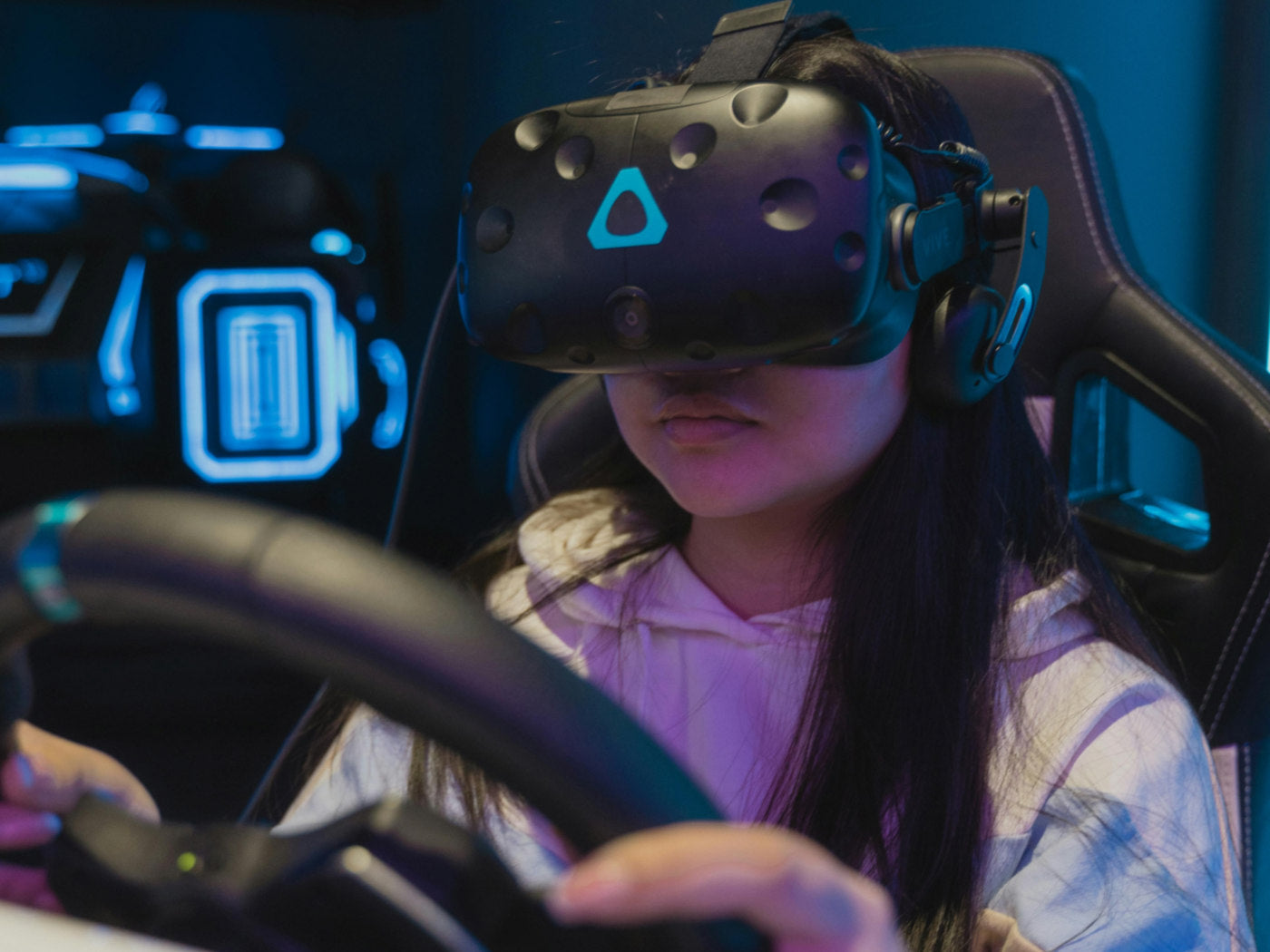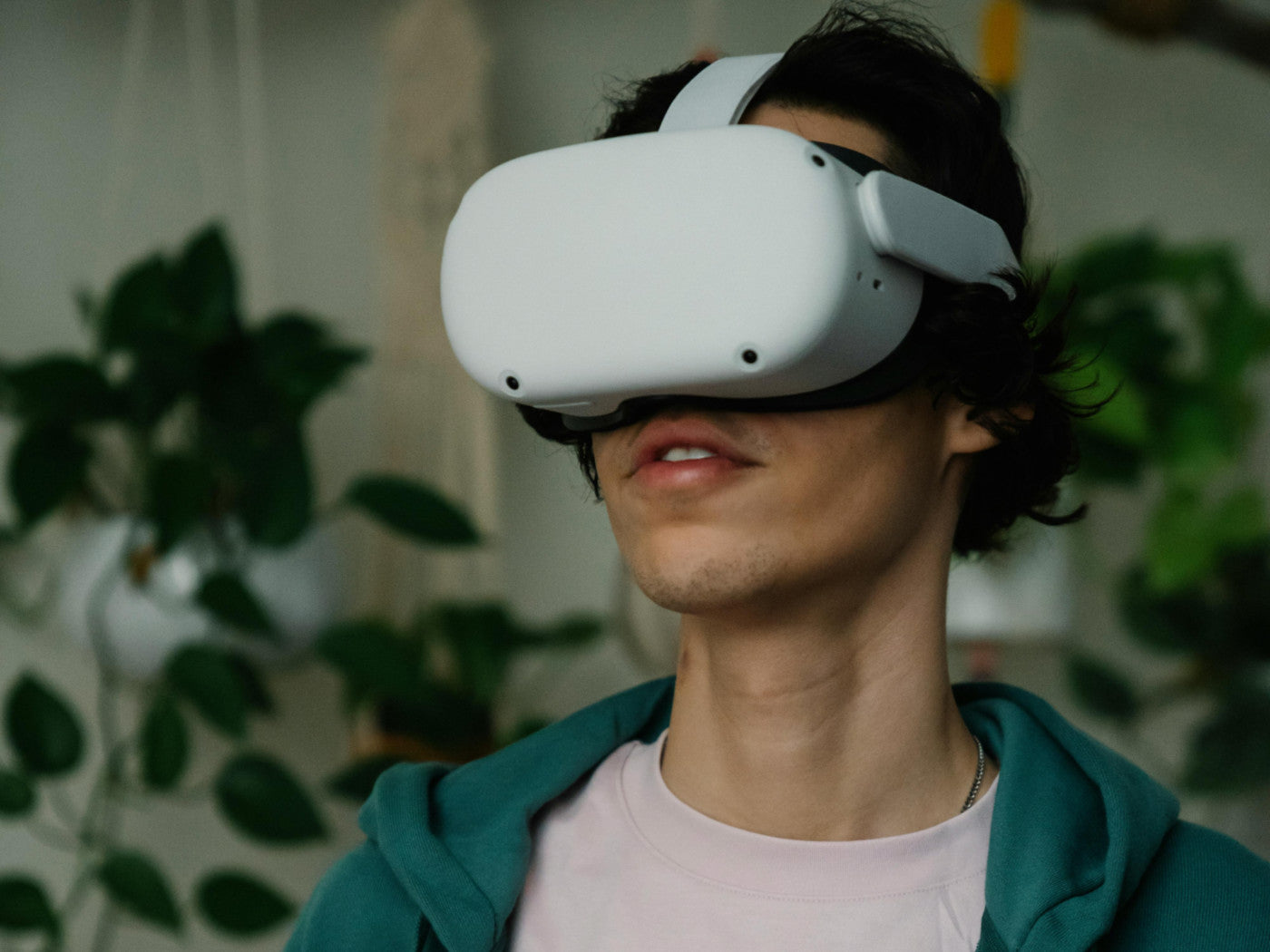In recent years, virtual reality has emerged as a powerful tool in transforming traditional educational experiences. By immersing students in virtual environments and simulations, VR opens up new horizons for learning and engagement. This guide aims to explore the benefits, possibilities, and considerations of virtual reality education while providing practical insights to help educators and learners make the most of this transformative technology.
Understanding Virtual Reality Education
Definition and Concept of Virtual Reality
Virtual reality is a computer-generated simulation that replicates an immersive environment, allowing users to interact with and explore artificial worlds. In the context of education, VR provides a unique and realistic learning experience that goes beyond traditional classroom boundaries.
Integration of Virtual Reality in Education
Virtual reality is being integrated into various educational settings, from K-12 schools to higher education institutions. It offers a multidimensional approach to teaching and learning, combining visuals, audio, and interactive elements to enhance understanding and retention.
Types of Virtual Reality Educational Experiences
Virtual reality education encompasses a wide range of experiences. These include virtual field trips, simulations, role-playing scenarios, and collaborative learning environments, each designed to address specific educational goals and objectives.
Exploring the Possibilities of Virtual Reality Education
1. Virtual Field Trips and Excursions

Virtual reality allows students to embark on immersive cultural and historical experiences, virtually visit landmarks and museums, and explore natural wonders in a safe and controlled environment.
2. Immersive Cultural and Historical Experiences
Students can step back in time, exploring ancient civilizations, significant historical events, and cultural heritage sites, providing a deeper understanding of diverse cultures and historical contexts.
3. Virtual Science and Nature Explorations

Through VR, students can explore ecosystems, dive into the depths of the ocean, or venture into outer space, fostering a sense of wonder and curiosity about the natural world.
4. Simulations and Role-Playing Scenarios
Virtual reality offers realistic simulations and role-playing scenarios, enabling students to engage in hands-on experiences and practical applications of knowledge.
5. STEM Simulations and Experiments

Students can engage in virtual science experiments, engineering challenges, and mathematical simulations, promoting critical thinking, problem-solving, and scientific inquiry.
6. Virtual Professional Training and Skill Development
VR provides a safe and controlled environment for students to practice real-world skills in professions such as medicine, aviation, or emergency response, allowing for realistic training and competency development.
7. Collaborative Learning and Virtual Classrooms

Virtual reality facilitates collaborative learning experiences, enabling students to interact with peers and educators in virtual classrooms regardless of geographical boundaries.
8. Remote and Distance Learning Opportunities
Students can participate in virtual classrooms and collaborative projects, expanding access to education and creating opportunities for remote and distance learning.
9. Interactive Group Projects and Discussions
Virtual reality allows students to engage in interactive group projects, virtual debates, and discussions, fostering communication, teamwork, and social-emotional skills.
Finding Virtual Reality Education Resources
Numerous online platforms, content libraries, and educational apps provide a vast array of virtual reality educational resources suitable for different subjects and grade levels.

1. Online Platforms and Content Libraries
Explore platforms and libraries that curate and offer educational VR content, providing a wide range of experiences across various disciplines.
2. Educational Apps and Programs
Discover educational apps and programs specifically designed for virtual reality education. These applications often include interactive lessons, simulations, and learning modules.
ZyberVR Seadown School Sponsorship
In an effort to promote the use of virtual reality technology in education, ZyberVR sponsors the Seadown School in UK for VR education classes. The company has partnered with the school to provide the necessary equipment and training for students to learn about the exciting new world of VR.
"We are thrilled to be able to provide this opportunity to students who might not otherwise have had access to this technology," said a spokesperson for the ZyberVR. "We believe that VR has the potential to revolutionize education, and we are excited to see what these students will create and learn with the equipment we have provided."
The sponsorship includes a set of VR headsets, controllers, and other accessories, as well as training for teachers on how to best incorporate VR into their curriculum. The students will have the chance to explore a variety of educational VR experiences, including virtual field trips, immersive historical reenactments, and more.
As VR technology continues to advance and become more accessible, partnerships like this one will likely become more common. For now, the students at this school are looking forward to exploring the exciting world of VR and all that it has to offer.Recommended VR Accessories:
To further enhance your virtual reality experience, consider investing in high-quality VR accessories. These accessories can elevate immersion, comfort, and overall enjoyment while engaging with virtual reality education. Here are a few recommended accessories:
1. ZyberVR Battery Head Strap
The ZyberVR Battery Head Strap offers extended gameplay sessions by providing additional power to your VR headset. With its built-in battery pack, you can enjoy uninterrupted VR experiences without worrying about running out of power.
2. ZyberVR Knight Controller Grips
VR controller grips enhance comfort and control during gameplay. These grips provide ergonomic support, reducing hand fatigue and enabling a more natural and secure grip on the controllers.
3. ZyberVR Prescription Lenses
If you wear prescription glasses or contact lenses, VR prescription lenses are a game-changer. These lenses are custom-made to fit inside your VR headset, allowing you to experience virtual reality without the need for wearing glasses or contacts.
4. ZyberVR Charging Cable
Conclusion
Virtual reality education opens up a world of possibilities beyond the traditional classroom walls. By leveraging the immersive and interactive nature of VR, educators can create engaging, experiential, and transformative learning experiences.





